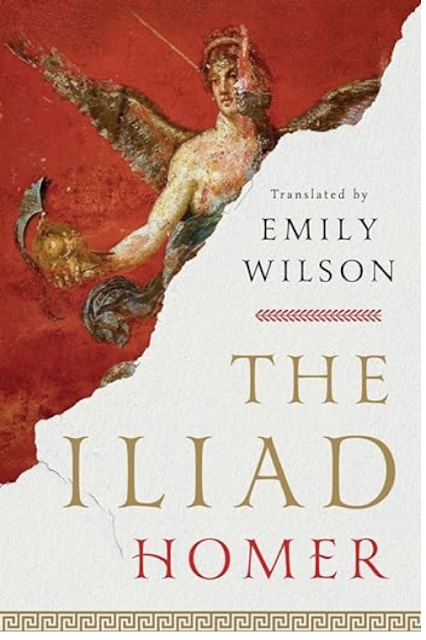As people who know me know, I am most often submerged like Alvin, the deep-sea exploration craft in the Marianas Trench of a trenchant book. It hardly matters what I'm reading--and I read about a wide-range of topics across an equally wide stretch of time periods--regardless of what, reading allows me two things I think very few other people get. Or maybe three.
1. It allows me an escape from a world surely gone mad.
2. It gives me a historical perspective on the world today.
3. It allows me to remove myself from the patent lunacy of the 24-hour news-cycle--a cycle that makes your pulse race and allows misinformation, rumors and outright lies to flourish.
I fear for anyone trapped in the dopamine cyclone of CNN and its lookalikes. It's probably even worse during an election cycle or a war, but truth be told, we are always within an election cycle of a war.
Actually, I think anyone who watches or listens to the news for more than 15 minutes a day is taking a pharmaceutical of sorts. A sort of anti-valium. They will in short order drive themselves crazy.
Right now, I am halfway through Emily Wilson's rich, colloquial and wonderful new translation of Homer's Iliad. It's good, I think, to read about an ancient war while in the middle-east an even more ancient war is being carnaged. There are many elements of the Iliad we would be wise to remember today. In fact, I think we'd know more about Israel fighting Hamas if we read the Iliad than if we watched contemporary, ratings-driven news shows.
(BTW, you can't truly trust anything that is ratings or awards-driven. They are so bent on acclaim, they will do anything, sensational, dishonest and fabricated to achieve their ratings.)
First. Fog.
You don't really know who did what to whom or why. Everyone is guilty in the Iliad, and everyone is also innocent. The gods started the ball rolling and there really was, for no one, an escape from its pathways, caroms and bad hops. One moment the Trojans have the upper hand, the next the Greeks. The circumstances change virtually every second. In other words, there is no single reality, there are a billion competing realities each of which is true and each of which is false depending on if you're throwing a bronze-tipped spear of being impaled by one.
Second. God. Or gods.
You never know whose side they're on, or why, or why they switch sides so capriciously and so often. They often seem to act on the basis of causing the maximum number of human deaths (gods can't die) and mayhem. After all, Zeus started the whole thing, with the golden apple, poor Paris forced to choose between Hera, Athena and Aphrodite, to cull the human herd. He felt too many people were tromping on his sister Gaia (mother earth) and everyone would be better off with fewer people.
Zeus might have been right in that. But that is beside the point.
To my reading--surely influenced by current events--I see a world where you never really know what's happening or what role the gods are playing in it. If that ain't relevant to today, I don't know what is.
Third, Rolling Dice.
The winds of war, like the fog of war, are as variable as the actions or inactions of the gods. They change direction, intensity and effect as often as a CMO's spouse. You never know who's where or who's doing what or why. The answer, as Dylan wrote 61 years ago, is blowin' in the wind and as unknowin' as the wind, to boot.
BTW, and for whatever reason, there's a classics revival happening in the world of literature today. Emily Wilson has translated by the Iliad and the Odyssey (where she amped up the role of Odysseus' wife, Penelope.) And the unsurpassed and prolific Mary Beard has yet another book out, this one called Emperor of Rome: Ruling the Ancient World. It's nice that two of today's leading classics scholars are women and bring a woman's perspective to what had formerly been almost exclusively a man's domain.
My two drachmas are simple.
If you want a perspective on the world--if you think it's spun off its axis, you're right. And that's same as it ever was.
Which reminds, me of a one-liner I wrote some years ago in my Latinate best.
Why was the Latin scholar a virgin?
When he was asked to conjugate, he declined.




No comments:
Post a Comment